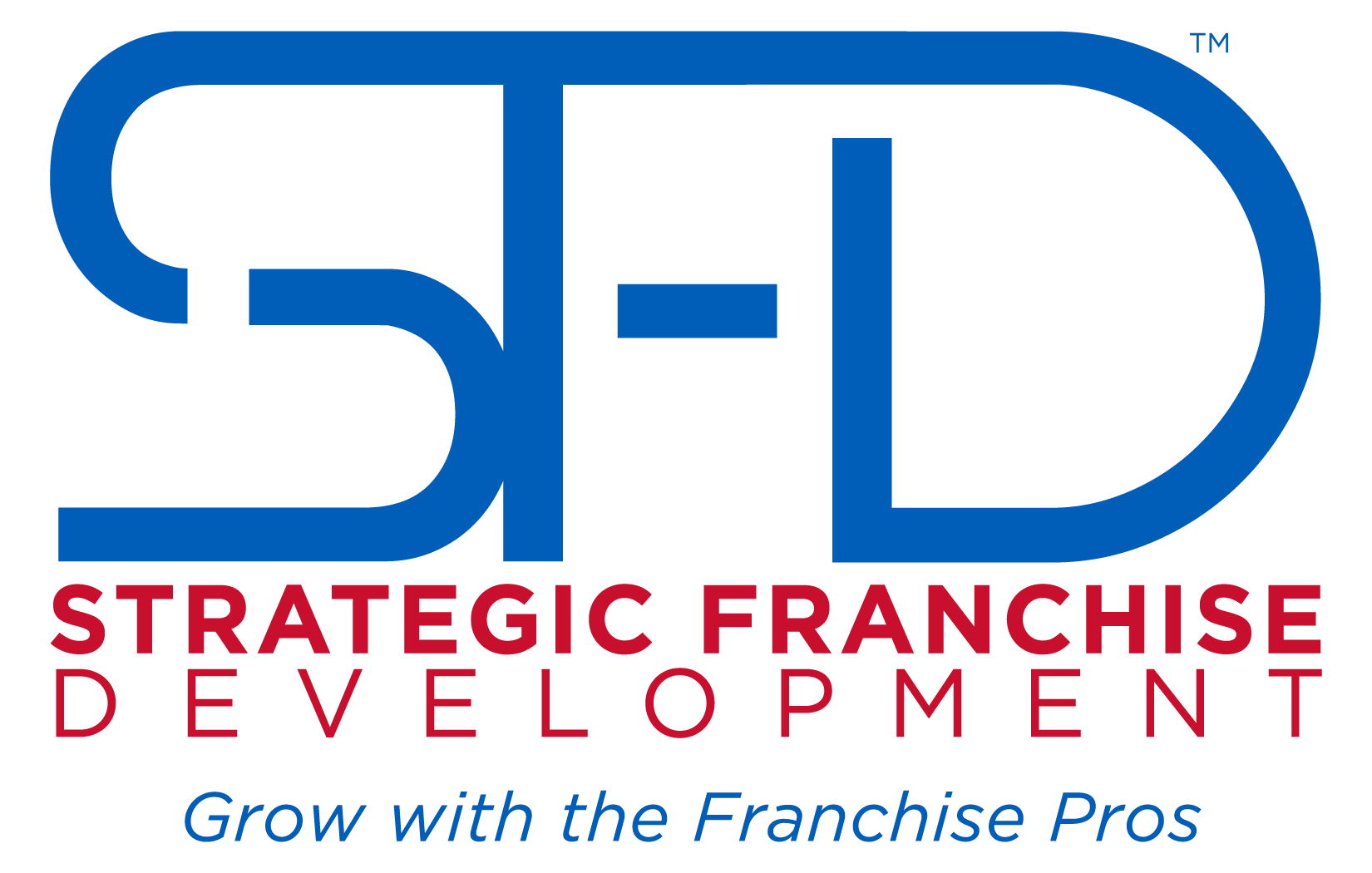Should I Franchise My Business?: 5 Signs the Answer Is Yes!

Franchises are a popular model in the US for existing businesses to open their doors to other entrepreneurs and expand their brand. It’s a financially successful model as well.
According to the International Franchise Association, franchise businesses are expected to add almost 800,000 new jobs to the workforce by the end of 2021. Despite the COVID pandemic, franchising is also projected to add more than $400 billion to the US economy.
If you are an existing business owner, you may be asking yourself “is it time for me to franchise my business?” If this sounds like you, here are five signs that the answer is “yes!” and how to turn your business into a franchise brand.
What’s a Franchise?
A franchise is a business agreement between a franchiser and a franchisee. The franchiser is the original owner of the business who sells the privilege to use their name and product to another party or “franchisee.”
The franchisee buys the franchisor’s trademark and goods and uses their existing business model to continue promoting products in other regions.
Benefits of Franchising My Business
Franchising a business actually has benefits for both the franchisor and the franchisee. If you are the franchisor, you won’t have to operate any new locations to expand your brand name. The franchiser does that for you.
One of the big advantages for the franchisee is that they’ll get to launch a product that’s already known to the public.
They also won’t need to invest any capital into developing a business plan because one’s already been created for them.
History of the Franchise Model
The franchise business model began in the United States during the mid-19th century.
Isaac Singer the inventor of the sewing machine, created franchises to help him distribute his patented sewing machines to more customers.
Today, franchises are flourishing with some well-known names like Dairy Queen, 7-Eleven, and Anytime Fitness.
Franchise Laws
Federal laws exist to protect the rights of both the franchiser and the franchisee. The Federal Trade Commission (FTC) creates regulations that protect a franchisor’s brand.
They also enforce franchise rules to make sure that entrepreneurs receive full disclosure on details of the business they are investing in.
Should I Franchise My Business?
Here are the five signs that will tell you loud and clear, that it’s time to make your business a franchise:
1. Current Resource Restraints
Most businesses choose to franchise when they don’t have enough time, money, or people to expand their current operations. Franchising allows a company to grow without incurring new debt.
Franchisees pay their initial costs to launch the business in new locations, so expansion of the current business model costs the franchisor a minimal amount.
2. Company Credibility
Companies will also choose to franchise once their company has a consistent track record of public approval. When your product is recognized as an industry leader, it's time to expand your brand even further.
3. Unique Product or Service
Companies that have a sustainable advantage fare well with the franchise model. These are the companies that have a distinctive service or product that won’t go away soon. They (and their franchisees) can set themselves apart from their competitors.
4. Replicable Business Model
Another ideal franchise is a company that can succeed in the “next town over.” These companies have systems in place to manage services immediately? If you have procedures to teach someone quickly how to operate your business model, your franchise will thrive.
5. Demonstrated Profitability
Franchises that can generate between 15-20 percent return on investment are generally considered wise investments. These companies will provide a franchisee a healthy return on their investment.
How To Make My Business a Franchise
If your business meets these five criteria, then it may time to franchise your business. You can start by following these steps:
Create Your Franchise Business Plan
When a company decides to franchise, its first step is to create a franchise business plan. These plans detail how territories will develop and how fast they should grow.
These plans should also outline the staffing and support services that will be available to franchisees and any fees they will pay along the way.
Franchise business plans for larger companies usually address more complicated concerns. These plans will cover areas like anti-trust disputes or channel conflicts.
Costs for expansion are routinely analyzed so that franchisors can adjust their growth strategies.
Draft Your Franchise Agreement
Before you open any locations to franchisees, be sure you have a franchise agreement in place. The franchise agreement is a contract between the franchisor and franchisee that outlines the obligations that each party owes to the other.
Franchise agreements are never the same document. They contain the unique details that pertain to the specific business in question.
Some items that might be negotiated in the franchise agreement include business territories or how credit requests will be treated.
Develop a Franchise Disclosure Document (FDD)
The franchise disclosure document, or the FDD, provides potential franchisees with everything they need to know about your company.
This document is divided into 23 sections that franchisees should review before they sign. These sections cover an array of topics ranging from trademarks to dispute resolution.
Identify Your Franchise Fees
Franchise fee terms will also need to be spelled out before the franchisor and franchisee sign on the dotted line.
The initial franchise fee usually applies to the right to use the company name and product. These fees may also cover training or other site assistance to get the franchise up and running.
What Are Your Next Steps?
Now is the time to make sure your business model meets the “franchisable” criteria listed above to ensure your franchisees will expand successfully. It’s also the best time to consult with a franchise attorney to help you draft your franchise disclosure documents.
If you’re still asking that question “should I franchise my business”, you can find more answers on our website. Set the solid groundwork now so that you (and your franchisees) can grow your empire and watch it flourish for years to come.




